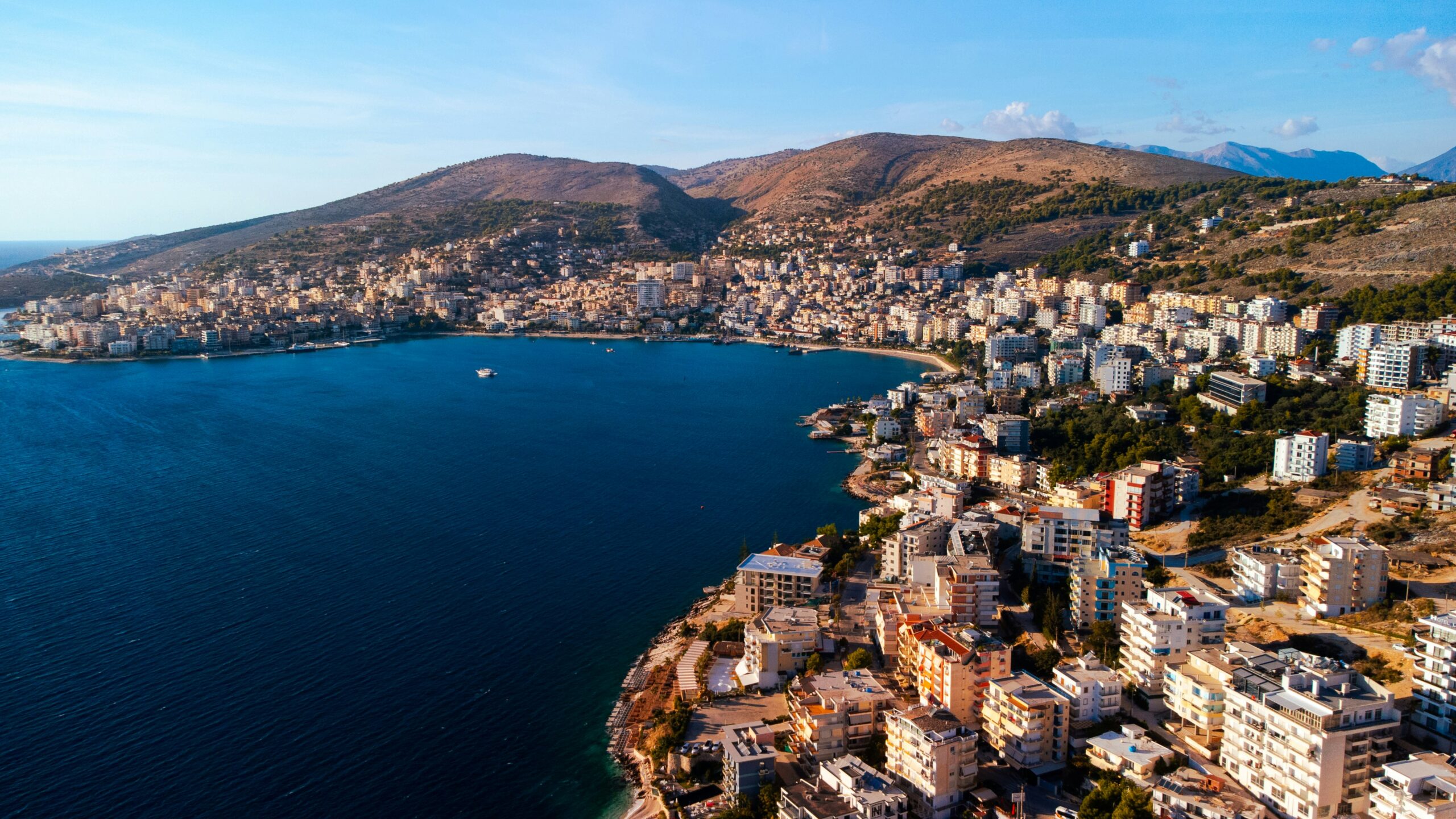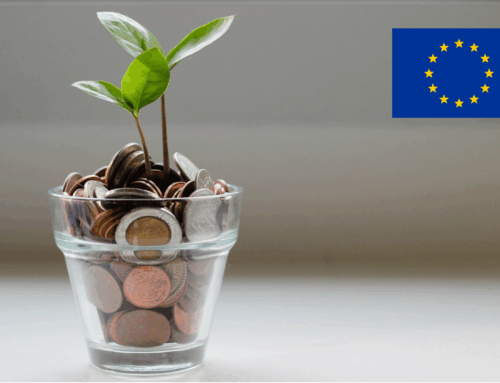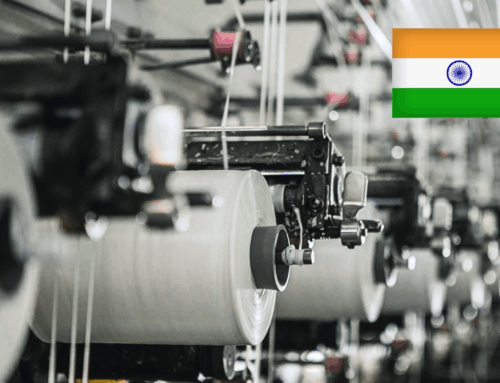The countries of Southeast Europe are increasingly attracting the attention of international trade and logistics players – not least due to their growing relevance in the context of EU enlargement. Nations such as Albania, Montenegro and North Macedonia are seen as particularly promising accession candidates, already closely intertwined economically with the European Union.
Economic growth backed by Brussels
The trade data paints a clear picture: German exports to South East Europe are picking up noticeably. Albania in particular recorded an increase in exports of around 10% in the first quarter of 2025 compared to the previous year. Countries such as Montenegro and North Macedonia are also investing heavily in their infrastructure – often with the support of EU funding.
In Montenegro, the economic upturn is being driven in particular by tourism, which accounts for a significant share of gross domestic product. Investments there are primarily being channelled into the transport sector and renewable energies. Albania is also focussing on renewable energies and the expansion of international trade routes.
EU perspective strengthens predictability and access to funding
The ongoing accession negotiations with Albania, Montenegro and North Macedonia are sending a clear signal in the direction of political and economic stability. Access to EU instruments such as guarantees, venture capital funds and infrastructure funding creates additional planning security for companies – especially in export-orientated sectors.
In addition, integration into European payment transactions is being driven forward: North Macedonia and Moldova are to be fully connected to the SEPA area by October 2025 at the latest. This will facilitate cross-border payments and reduce transaction costs in international business.
Germany as a key supplier for industry and energy projects
Infrastructure and energy projects in the region open up considerable sales potential for German companies. The export of machinery and systems, particularly in the wind power sector, is showing significant growth. Companies such as Nordex, wpd and Fichtner are currently realising several major projects in Albania, Montenegro and North Macedonia – from wind farm construction to transformer stations.
Political risks remain, but reform processes are underway
Despite all the progress made, political risks remain a relevant factor – for example due to delays in the legislative process or domestic political tensions, as is the case in parts of the region. Countries such as Bosnia and Herzegovina, Serbia, Kosovo and Georgia are less advanced in terms of EU integration, which may also be reflected in investment decisions.
Source: ExportManager (in German)






